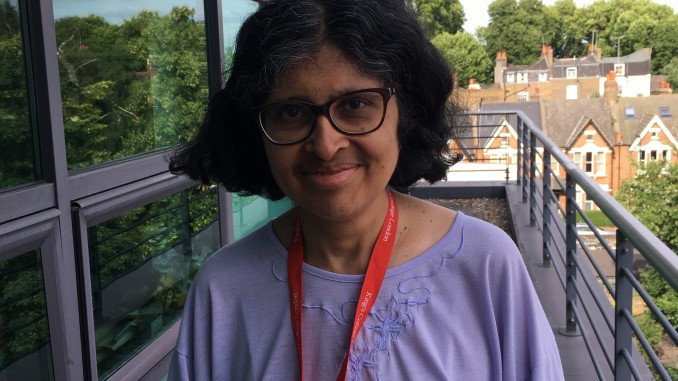
It is welcome news that, from October 2019, researchers will continue to work with partner organisations, service users, carers and communities in an ARC (Applied Research Collaboration) South London. This will build on what was achieved during the years of the CLAHRC, with some changes.
At an event in June looking back at the five years of CLAHRC South London, various speakers emphasised the importance of patient and public involvement (PPI). During that time, in England and abroad, there has been growing awareness of its value. But all that PPI might offer is not yet tapped into consistently. This is in part due to the way research tends to be organised and funded, as well as the fact that there is much still to learn.
In a discussion during the event, one of the people attending mentioned the tragic death from asthma of Ella Kissi-Debrah a young girl from Lewisham and her mother’s campaign to get this recognised as being a result of air pollution. Patients and the public can play a crucial role in drawing researchers’ attention to possible issues to investigate, as well as priority concerns for those with health and care needs.
But even extensive evidence does not always result in action. Here, too, service users, families and their neighbours can play a key part. By drawing on a leading researcher’s testimony as well as their persistence, Ella Kissi-Debrah’s family have won a fresh inquest.
Because of my PPI role and general interest in health, and as someone with relatives in the same area who also have respiratory conditions, I have been keenly aware of the case. As well as placing a spotlight on poor air quality, which affects numerous people in south London and beyond, the prospect of a coroner’s verdict carries legal weight which the authorities cannot readily ignore.
Sometimes when university and NHS staff are under pressure and resources are tight, PPI can end up being very limited in scope. Yet genuine partnerships with patients, carers and local groups and residents, from the earliest stages of thinking up research questions through to putting findings into practice, can have extraordinary results.

Leave a Reply